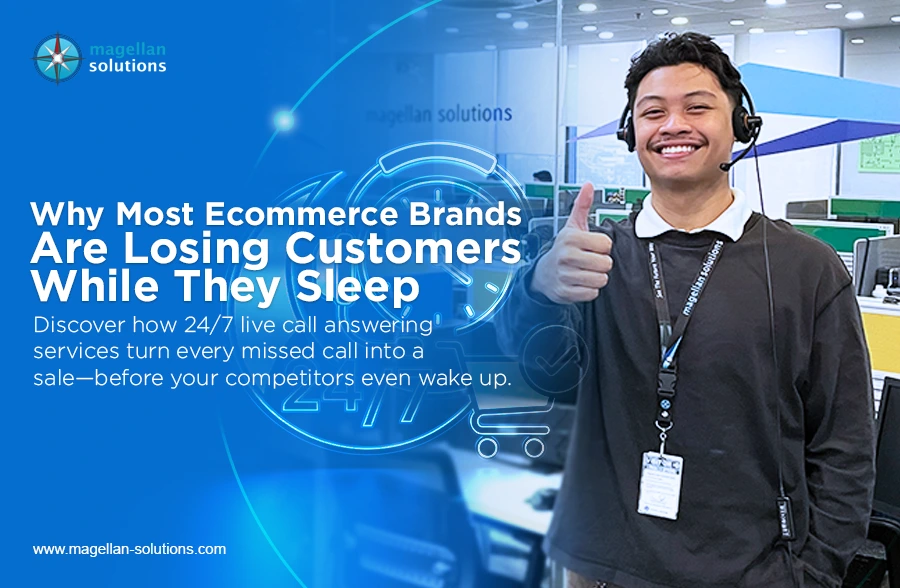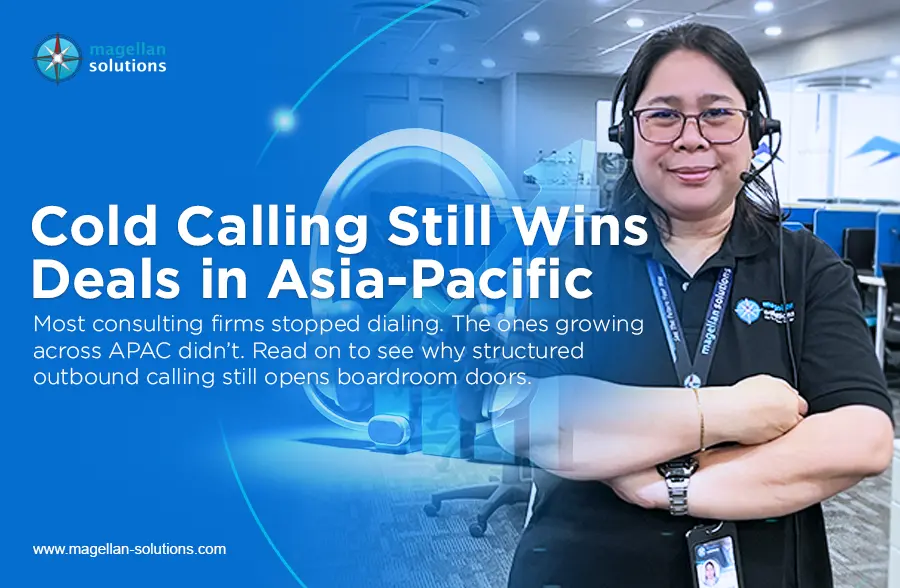Schedule a FREE call with our outsourcing expert now and get a precise quotation that meets your requirements. Don't wait - get started today!
In the healthcare industry, every second counts. Patient care depends on timely and accurate communication, from emergencies to routine checkups. This is where healthcare callings come into play. Healthcare callings are critical communications connecting patients, healthcare providers, insurance companies, and service organizations.
The importance of efficient healthcare call centers cannot be overstated in a world that increasingly relies on technology.
These call centers are designed to handle everything from emergency responses to appointment scheduling, and they are evolving at a rapid pace to meet the demands of modern healthcare. With a focus on accuracy, efficiency, and customer satisfaction, medical service are an essential part of the industry and a key player in improving patient outcomes.
This article explores the untold truth about healthcare callings—how they work, the challenges they help solve, and the innovations transforming the healthcare landscape.
What Healthcare Callings Can Do for the Industry
Healthcare callings are at the heart of patient care. They offer services beyond traditional phone calls, helping organizations streamline processes and improve patient experiences. Let’s explore the key areas where healthcare call centers are making an impact:
- Appointment Scheduling and Reminders
One of the primary functions of healthcare callings is to manage appointment scheduling. Patients need to book their visits, but without efficient systems in place, delays and errors can occur. Hospitals and clinics can ensure timely appointment scheduling and minimize no-show rates by outsourcing this task to dedicated healthcare call centers. Furthermore, appointment reminders can help patients adhere to scheduled visits, improving health outcomes.
- Emergency Response and Support
In medical emergencies, every second counts. Healthcare callings are crucial in providing fast and practical support to distressed patients. Specialized call centers with emergency protocols ensure that urgent cases are prioritized and patients are directed to the appropriate care teams immediately.
- Telemedicine and Virtual Care
With the rise of telemedicine, healthcare callings have expanded to include virtual consultations. Call centers facilitate telehealth by managing calls, setting up virtual appointments, and assisting patients and providers in navigating the technology. This evolution makes healthcare more accessible, reducing the need for in-person visits and improving patient convenience.
- Insurance Assistance and Verification
Navigating insurance details can be confusing for patients. Healthcare callings help clarify coverage, benefits, and eligibility, ensuring patients are well-informed before proceeding with treatments or procedures. By managing these calls effectively, healthcare call centers contribute to patient satisfaction and reduce confusion during the billing process.
Addressing Pain Points
While healthcare callings provide critical services, some challenges must be addressed to improve efficiency. Some of the common pain points include:
- Long Wait Times
One of the most frustrating aspects of healthcare callings is the wait time. Patients are often placed on hold for extended periods, negatively impacting their experience. To mitigate this, healthcare providers leverage advanced technologies like Interactive Voice Response (IVR) systems to route calls more efficiently, reducing wait times and enhancing patient satisfaction.
- Data Security Concerns
The healthcare industry is a prime target for cyberattacks, as it handles sensitive personal information. Call centers that handle healthcare calls must adhere to strict regulations such as HIPAA (Health Insurance Portability and Accountability Act) to protect patient data. Secure systems, regular audits, and employee training on data privacy are essential to mitigate these risks.
- Language Barriers
Healthcare call centers often deal with diverse populations, and language barriers can hinder effective communication. Many healthcare organizations are partnering with multilingual call centers or using language translation services to overcome this challenge and ensure patients receive clear and accurate information in their preferred language.
- Lack of Personalization
Patients expect personalized care, and medical service are no exception. All center agents need to gain knowledge about a patient’s medical history or previous interactions to avoid frustration and a poor experience. Advanced CRM (Customer Relationship Management) systems are helping call centers store and access patient information quickly, enabling agents to offer a more personalized service.
The Future of Healthcare Callings: Innovations That Could Save Lives
The healthcare industry is constantly evolving, and so are the call centers that support it. From artificial intelligence to automation, the future of healthcare callings is set to revolutionize patient care in ways we’ve never seen before. Let’s look at some of the innovations that could make a difference:
- Artificial Intelligence and Chatbots
AI is playing a significant role in healthcare callings, particularly through the use of chatbots. These AI-powered systems can handle routine inquiries, schedule appointments, and provide basic medical advice while improving response times. With AI, call centers can assist more patients simultaneously, freeing up human agents to handle more complex cases.
- Voice Recognition Technology
Voice recognition technology is helping healthcare call centers streamline interactions and reduce manual data entry. This technology improves efficiency and minimizes errors by automatically capturing and processing patient information from voice calls. This also allows call center agents to focus on providing better patient service rather than being bogged down by administrative tasks.
- Predictive Analytics
Predictive analytics can help call centers anticipate patient needs before they arise. By analyzing data from previous interactions, these systems can predict when a patient might need follow-up care or when they may be due for a routine checkup. This proactive approach enhances patient engagement and can lead to better health outcomes.
- Omnichannel Support
The future of healthcare callings lies in providing support across multiple communication channels. Beyond traditional phone calls, patients may reach out via email, live chat, or social media. By offering omnichannel support, healthcare providers can ensure they meet patients where they are, making getting the care they need easier.
What SMEs Can Gain from Outsourcing Healthcare Callings
Outsourcing healthcare callings offers several advantages to small and medium-sized enterprises (SMEs) in the healthcare industry. By partnering with a dedicated call center, SMEs can:
- Save Costs
Outsourcing reduces the need for hiring and training in-house staff, helping SMEs save on overhead costs while maintaining high-quality service.
- Improve Efficiency
Outsourcing allows SMEs to focus on their core services while the call center handles administrative tasks like appointment scheduling, patient inquiries, and insurance verification.
- Access to Specialized Expertise
A dedicated healthcare call center brings industry-specific expertise, ensuring patients receive the highest care and attention.
- Scalability
As a healthcare SME grows, outsourcing allows it to scale customer support operations without significant investment in infrastructure.
Fred Chua, CEO of Magellan Solutions emphasizes this distinct benefit “It’s a balancing act—we always nurture long-term relationships while actively pursuing new clients.”
The Right Move for Your Business
Healthcare callings are not just a luxury—they are a necessity. With the right call center solutions, healthcare organizations can improve patient care, streamline operations, and stay ahead of industry challenges. If you want to secure your customer retention strategy and enhance your healthcare operations, look no further than Magellan Solutions. Our tailored services ensure your business operates smoothly and your patients receive the best possible care.
Book a FREE 60-minute consultation to receive results-driven insights with NO COMMITMENTS Contact us now and take the first step toward seamless outsourcing that transforms your customer service experience.















